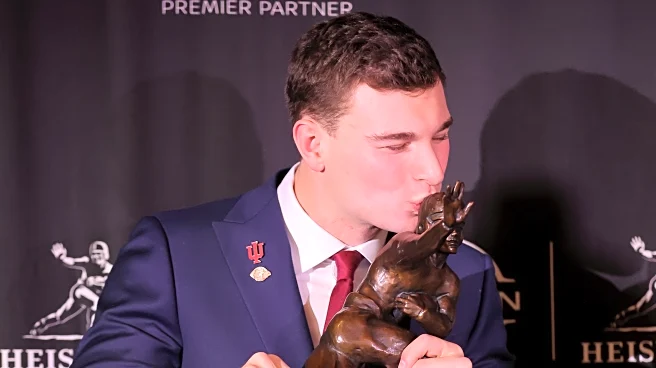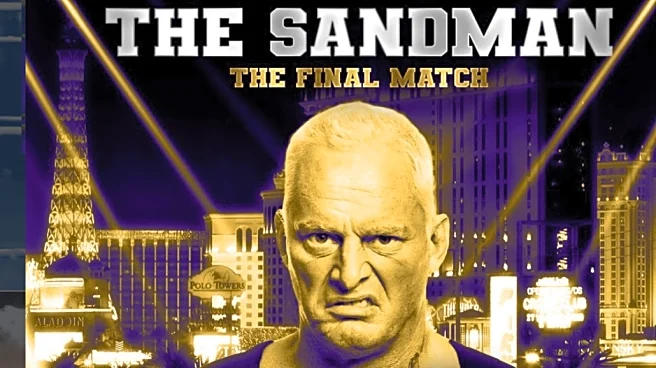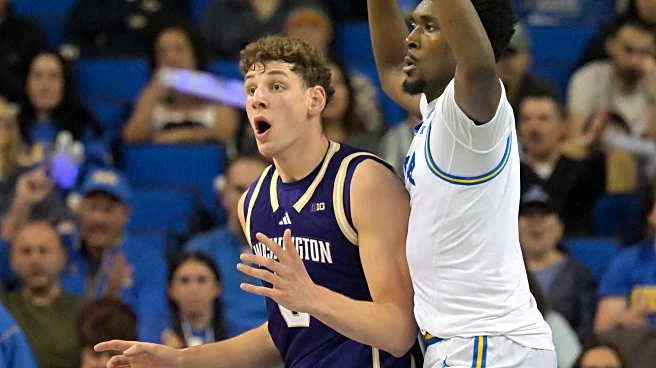Rapid Read • 8 min read
The College Sports Commission (CSC), responsible for regulating name, image, likeness (NIL) deals in college sports, has issued a letter rejecting certain NIL deals between athletes and donor-backed collectives. These collectives, formed to funnel money to athletes or their schools, do not meet the 'valid business purpose' standard set by NCAA rules. The CSC's letter to Division I athletic directors highlights that these arrangements do not adhere to the requirement for NIL deals to be between players and companies that provide goods or services to the general public for profit. Since the NIL Go system launched on June 11, over 1,500 deals have been cleared, but many have been rejected for not conforming to the NCAA's standards.
AD
The rejection of these NIL deals by the CSC could significantly impact the financial landscape of college sports. Collectives have been a major avenue for schools to indirectly facilitate deals with athletes, and their shutdown could alter how athletes receive compensation. This move may disproportionately affect collectives committed to long-term financial agreements with players, potentially inviting legal scrutiny under antitrust principles. Additionally, the NCAA and other college sports leaders are seeking limited antitrust protection from Congress, which could further influence the regulatory environment surrounding NIL deals.
As the CSC continues to enforce the 'valid business purpose' standard, schools and collectives may need to adjust their strategies for NIL deals. Some collectives affiliated with major universities like Colorado, Alabama, and Notre Dame have already announced plans to shut down. Meanwhile, schools such as Georgia, Ohio State, and Illinois are partnering with Learfield, a media and technology company, to arrange compliant NIL deals. The ongoing discussions about antitrust protection could also lead to legislative changes affecting the future of NIL regulations.
The CSC's actions highlight the evolving nature of college sports economics and the ethical considerations of athlete compensation. The rejection of collective-backed deals raises questions about the balance between fair compensation for athletes and maintaining competitive integrity. As the landscape shifts, stakeholders must navigate complex legal and ethical challenges to ensure equitable opportunities for student-athletes while adhering to regulatory standards.
AD
More Stories You Might Enjoy











